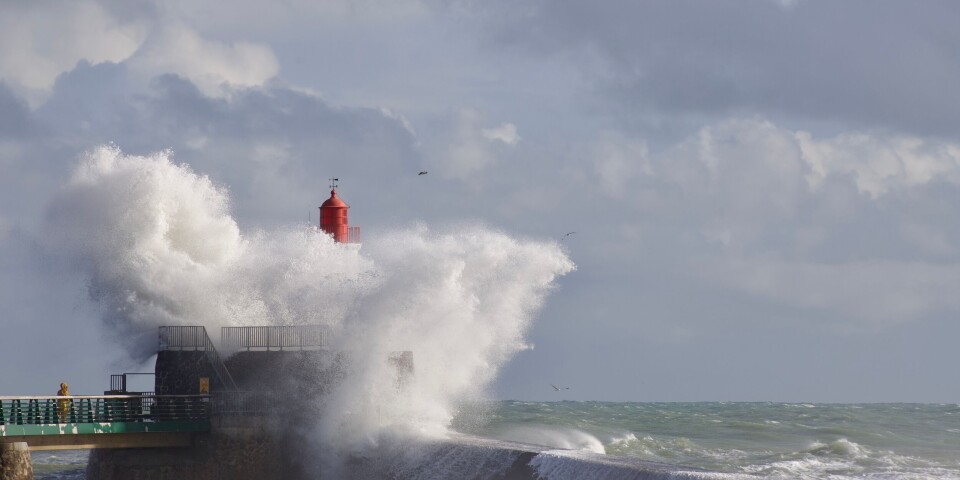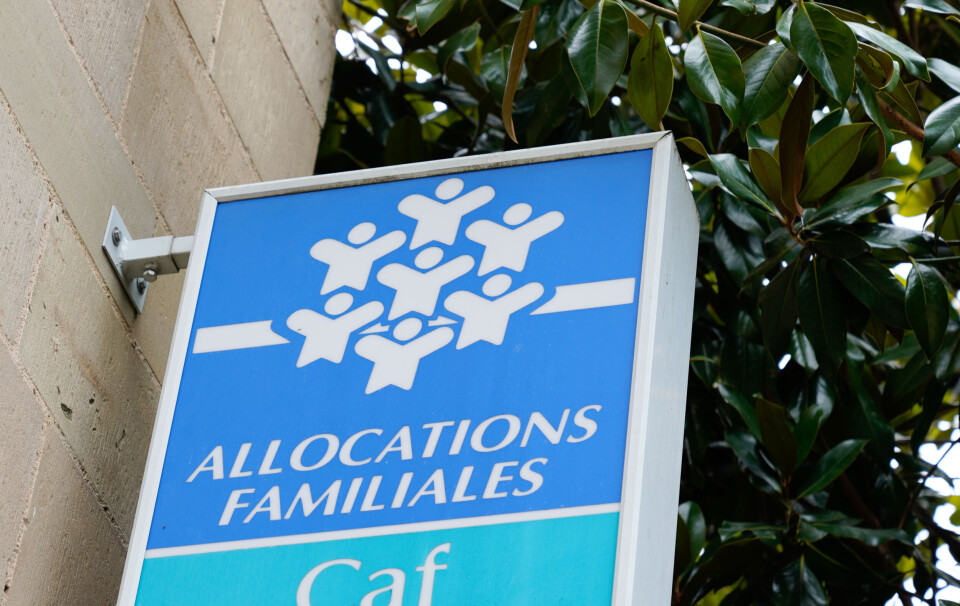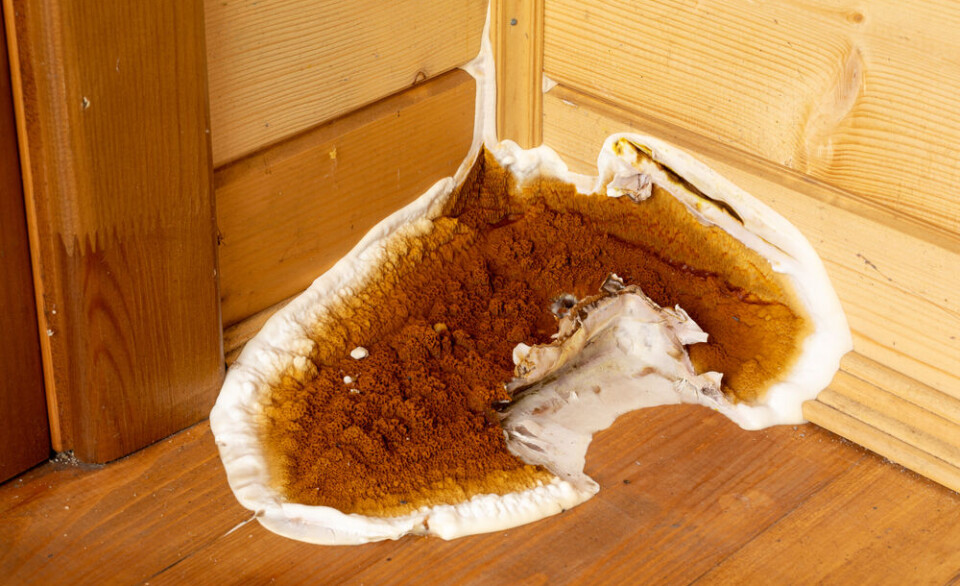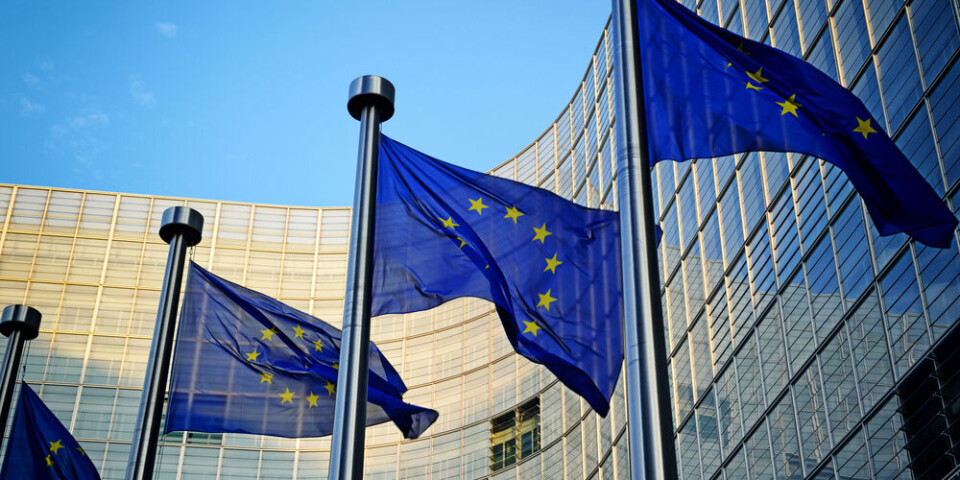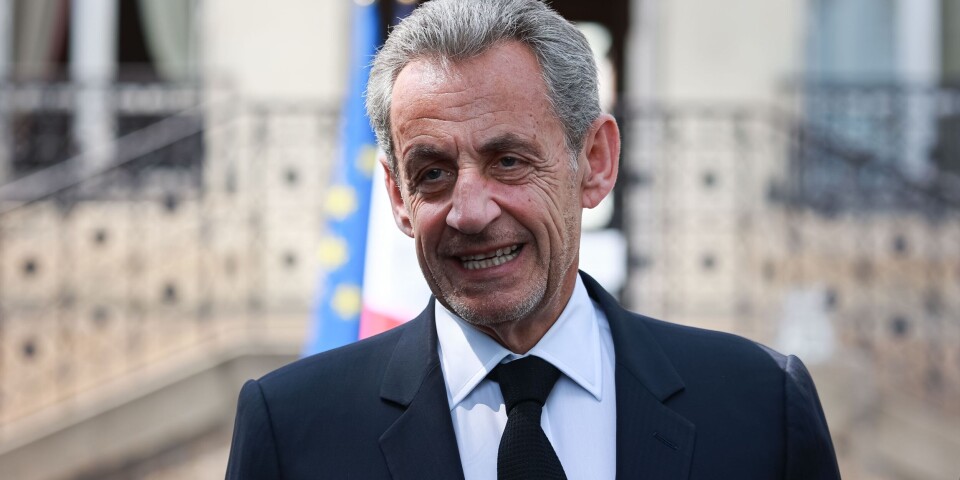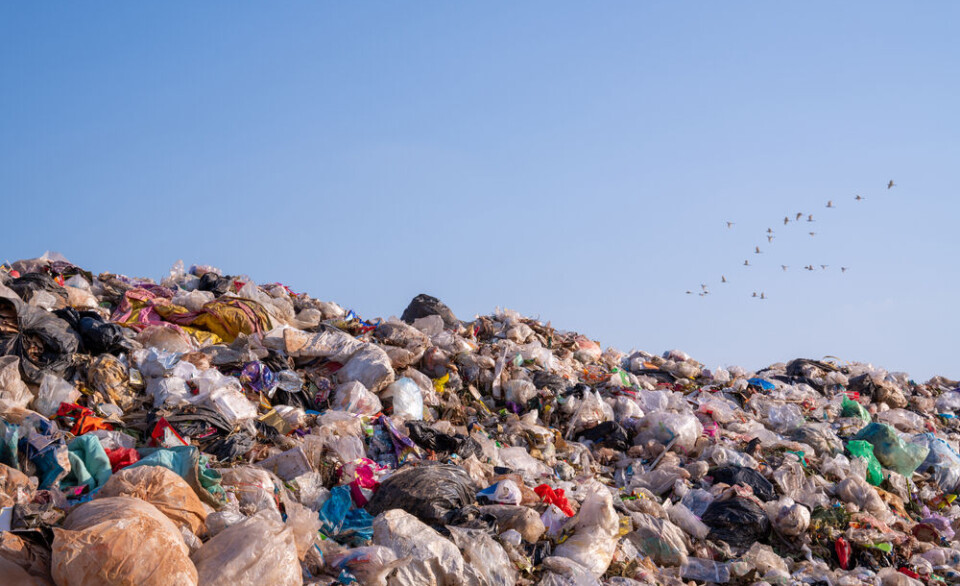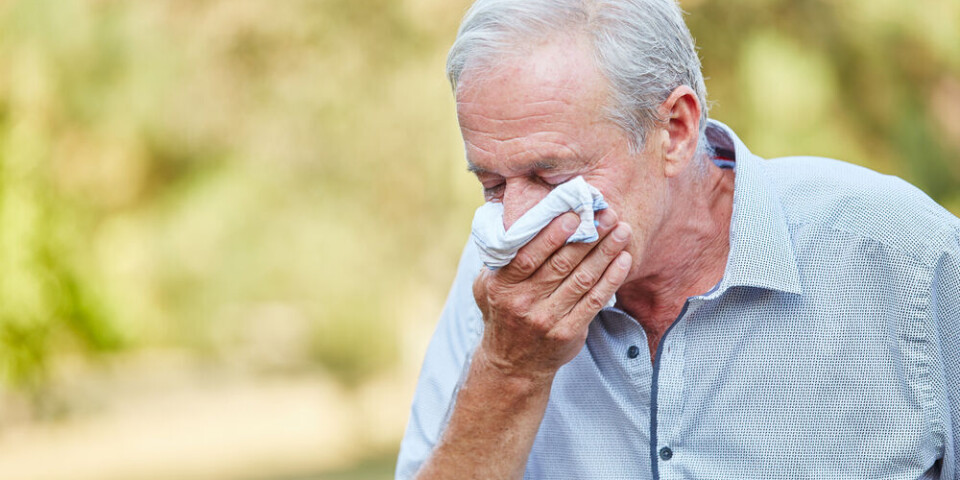-
Another French village bans drinking water for vulnerable people
Official advice has been issued on who is affected by the ban and why
-
Why are mutuelle and French health insurance not sharing information?
Automatic sharing of information between insurers is common
-
Why are authorities asking about our address to join French social security?
Short-term rentals are not always accepted as valid proof of time spent in France
Prescribed drug linked to 199 Covid deaths in France claims study
Hydroxychloroquine connected to 1% of all Covid deaths in hospitals in France in the first wave of the pandemic, say French researchers
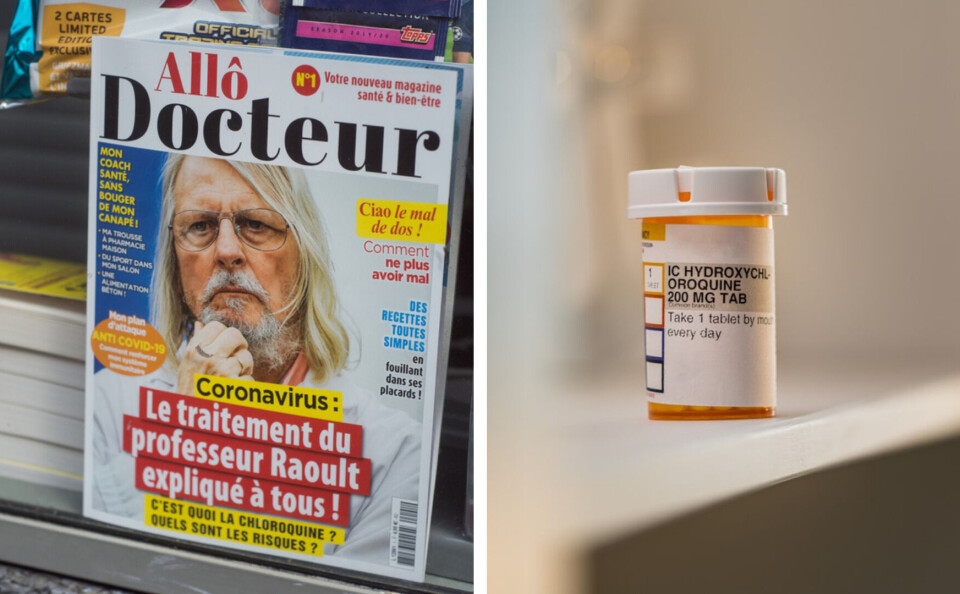
A drug usually prescribed for malaria has been linked to the death of almost 17,000 Covid-19 patients, including 199 people in France, in a new study by French researchers.
The prescription of hydroxychloroquine is alleged to have led to an increase in mortality rate of 11% in hospitalised Covid patients in six countries, including France. It was directly linked to around 1% of the 20,000 deaths in hospitals to Covid in France between March and June 2020.
“This (study) confirms that those suffering from Covid-19 and who receive this medication have an increased risk of dying than those who did not receive it,” said epidemiologist Pierre Tatevin, who is not related to the study, in an interview with France Inter.
The increased risk of death is said to have been in part due to side effects involving irregular heartbeats and other heart-related issues and in part due to the non-prescription of other drugs that may have helped, among other factors.
Professor and director of the Marseille hospital IHU Méditerranée Infection during the pandemic, Didier Raoult, who was one of the main drivers of increased prescription in hospitals in France during the pandemic due to his vocal support, has responded to the study.
He claims that the problems linked to hydroxychloroquine were a result of doses that were too high, up to four times more than he recommended.
Conclusions of the study
The study warns though that the precise number of deaths should be taken with caution, especially in France where “data concerning HCQ (hydroxychloroquine) exposure was scarce” and “the present results should be viewed as rough estimates only”.
It claims the numbers are under-estimates: “the number of HCQ-related deaths is estimated at 16,990 even though this number is probably underestimated because of the lack of data from most countries.”
The main conclusion of the study is to highlight the danger of prescribing drugs with low levels of supporting evidence for future pandemics.
The research, published on January 2, 2024 in the Dutch medical journal Biomedicine & Pharmacotherapy, took place at the University of Lyon and was titled: ‘Deaths induced by compassionate use of hydroxychloroquine during the first COVID-19 wave: an estimate’.
Hydroxychloroquine used to treat Covid-19 during pandemic
In February 2020, Prof. Raoult claimed that 500mg of chloroquine (hydroxychloroquine is the most commonly prescribed form of chloroquine) per day for ten days led to “spectacular improvements” in Covid patients.
Then-leaders of the US and Brazil, Donald Trump and Jair Bolsonaro, also publicly declared support for the use of hydroxychloroquine to treat Covid, with Donald Trump stating: “I’m taking it for about a week and a half now and I’m still here, I’m still here.” The US president was taking it as a preventative measure and did not have Covid at the time. This public support, among other factors, led to an increase in prescription of the drug in March and April 2020.
This use of the drug varied greatly from country to country, ranging from 2% in China to 14% in the US to 85% in Spain during the first wave according to the study. In France, it was found that about 16% of hospitalised Covid patients were treated using hydroxychloroquine.
Its use declined steeply from May onwards due to a lack of evidence of its efficiency in trials and tests.
In April 2020, the Food and Drug Administration (FDA) in the US warned that hydroxychloroquine should not be used to treat Covid because it could cause irregular heartbeats and other cardiac trauma.
The French government temporarily authorised its use in hospitals but quickly retracted this authorisation in a decree on May 26, 2020. Despite this, doctors were still allowed to prescribe it in accordance with French law, which allows health officials to prescribe the medication they believe most appropriate for a patient.
The UK government promoted the use of the drug only in clinical trials and did not licence chloroquine or hydroxychloroquine for the treatment of Covid, stating that “no conclusions have been reached on the safety and effectiveness of this medicine to treat or prevent Covid-19” in June 2020.
Professor Raoult controversy
Prof. Raoult had been a controversial figure in France since the start of the pandemic for his support of hydroxychloroquine. In March 2020, he published a trial claiming the drug was successful on 26 Covid patients using chloroquine to treat severe Covid cases.
In April 2023, he published a preprint study (meaning it had not yet been submitted for scientific peer review), supporting the use of hydroxychloroquine based on the treatment of 30,000 Covid patients.
Several medical bodies, doctors and professors strongly criticised the work.
They also criticised the Marseille hospital IHU Méditerranée Infection which at the time was led by Prof. Raoult, for systematically prescribing hydroxychloroquine to patients without taking into account their gender or age and other factors.
They submitted an article to Le Monde in May 2023, claiming they were concerned that no sanctions had been brought from the supervising medical authorities.
Prof. Raoult, who was made an officer of the Legion of Honour and a commander of the National Order of Merit, agreed to retract his study in June 2023. He left his position as director of the IHU Méditerranée Infection in August 2022.
Related articles
Doctors concerned over low take-up of Covid and flu vaccines in France
French firm’s special plaster made from sea worms saves burns victim




